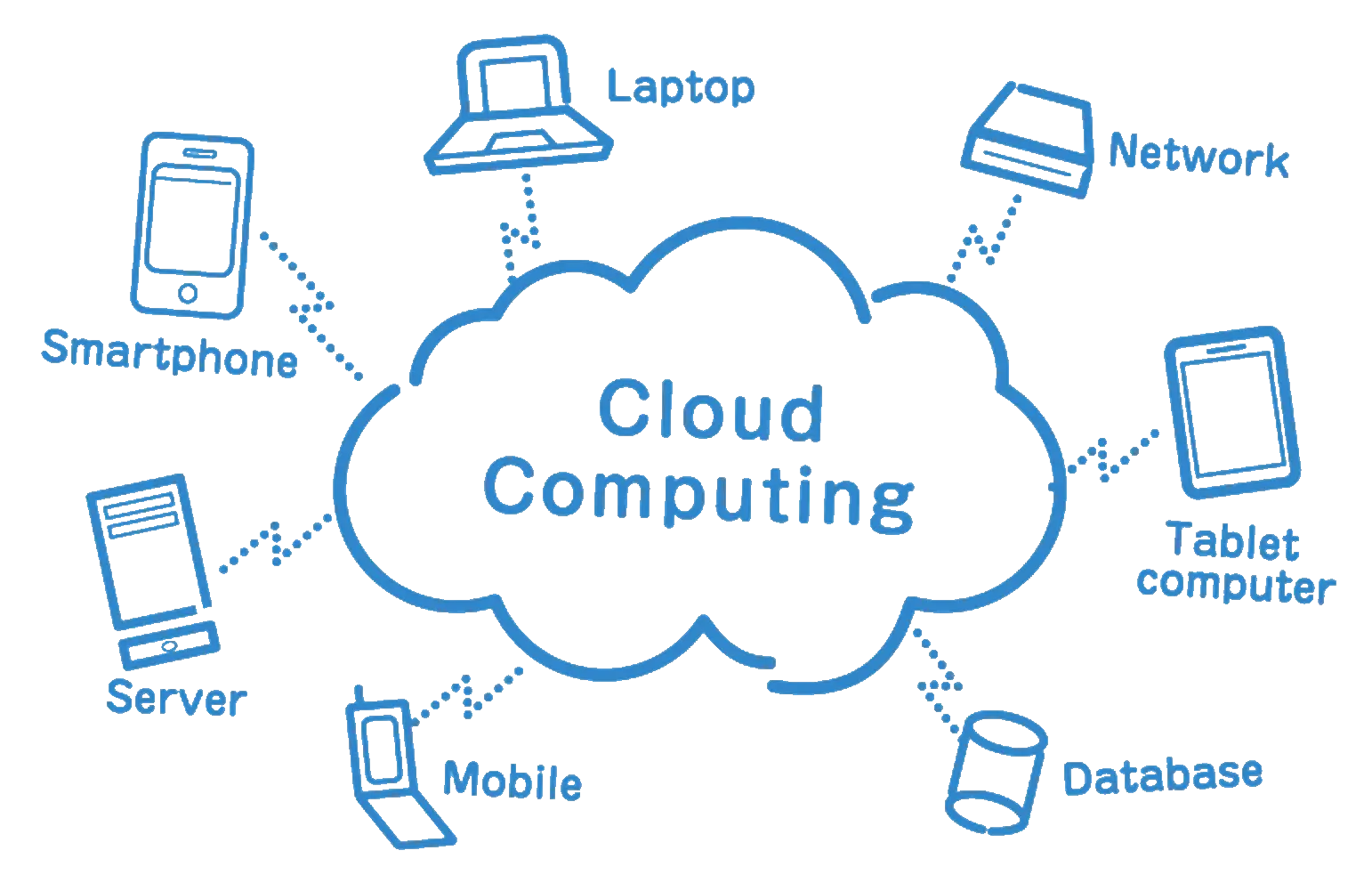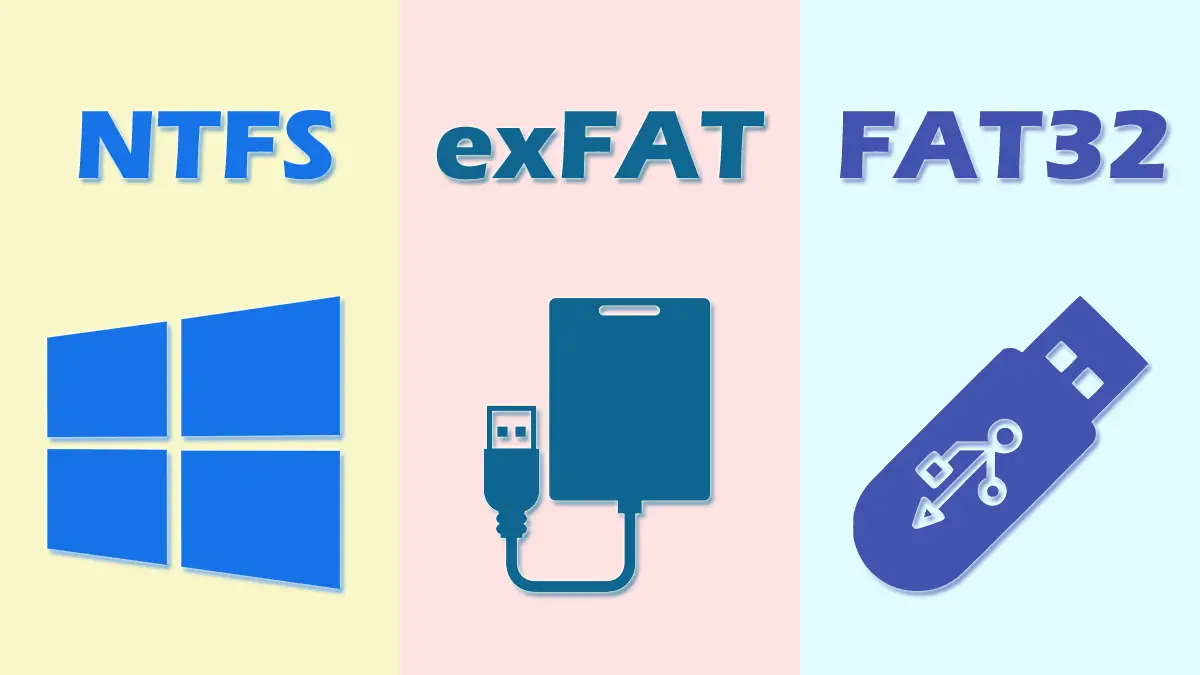Advantages and Disadvantages of Cloud Computing

Cloud computing involves the provision of various services over the Internet. This includes tools and applications such as servers, storage for data networks, databases, and software.
Instead of keeping data on a private hard drive or local file storage device cloud storage lets you transfer the files to remote databases. If your device can connect to the internet and has access to the information and software that runs it.
Cloud computing can be a very popular choice for businesses and individuals due to many reasons, including the reduction in costs, productivity enhancement speed and efficiency, performance, and security.
Understanding Cloud Computing

Cloud computing is described in this way because the information being accessed is stored remotely in the cloud or a virtual space. Cloud computing services offered by companies allow users to save applications and files on servers located in remote locations and access all of the information via the Internet. This means that the user doesn’t have to be in a certain area to access it, which allows the user to work from anywhere.
Cloud computing eliminates the work involved in the processing and crunching of data away from the device that you carry around and works on. It also transfers all of your work to gigantic computer clusters in cyberspace. The Internet is now the cloud and then your data, work as well as applications are accessible via any device you connect to the Internet and anywhere in the world.
Cloud computing is private and public. Cloud computing services are offered by public cloud providers via the Internet with a charge. Private cloud service providers only offer services to a specific amount of users. These are systems of networks that provide hosted services. Additionally, you can choose a hybrid solution that blends elements of both private and public services.
Different types of Cloud Services
Whatever the type of cloud computing service, they can provide users with a range of features, which include:
- Backup, storage and retrieval of data
- Designing and testing apps
- Analyzing data
- Video and audio streaming
- Delivering software upon demand
Cloud computing is an emerging technology but is currently being utilized by a variety of organizations ranging from large companies to small firms as well as nonprofits, government agencies as well as individual consumers.
The advantages of Cloud Computing
We all know it is true that Cloud computing is a hot technology. Most companies have changed their services to cloud computing to boost the productivity of their business.
In this article, we will be discussing the key benefits that cloud computing offers.
1.) Backup and restore the data
Once the data has been stored on the cloud it’s simpler to backup and restores the data with the cloud.
2.) Collaboration is improved
Cloud applications boost cooperation by permitting groups of individuals to share quickly and easily information on the cloud through shared storage.
3) Excellent accessibility
Cloud lets us quickly and effortlessly access storage information from any location across the globe via the internet. Cloud infrastructure on the internet improves the efficiency and productivity of organizations by ensuring that information is always available.
4.) Maintenance cost low
Cloud computing can cut down on the cost of software and hardware maintenance for businesses.
5) Mobility
Cloud computing lets us effortlessly access cloud-based data on mobile devices.
6) Services that are part of the model of pay-per-use
Cloud computing gives Application Programming Interfaces (APIs) for users to use services via the cloud. Cloud computing pays the fees based on the usage of the service.
7) Unlimited capacity for storage
Cloud gives us an enormous storage capacity that is ideal to store important data like images, documents audio, video, etc. all in one location.
8.) Security of data
Security of data is one of the main benefits of cloud computing. Cloud provides a variety of advanced security features and guarantees that data is safe to be stored and processed.
Disadvantages of Cloud Computing
A list of disadvantages of cloud computing can be found below.
1.) Internet Connectivity
As you may have guessed that in cloud computing, each and every piece of information (image audio, video, image, and so on.) is stored on the cloud. We access these files through the cloud using an internet connection. If you don’t have a reliable internet connection then you are unable to access the data and there isn’t an alternative method to access data via the cloud.
2) Vendor lock-in
The lock-in of vendors is the most significant negative aspect of cloud computing. Businesses may encounter issues when transferring their service from one supplier to the next. Since different vendors offer different platforms, this could cause problems when moving between cloud providers.
3.) Limited Control
We know that cloud infrastructure is entirely controlled, owned, and controlled by the service provider, which means cloud users have less control over the operation and the execution of services inside the cloud infrastructure.
4.) Security
Cloud computing service providers use the highest security standards to protect sensitive information. However, prior to implementing cloud technology, be aware that you’ll transmit all of your company’s sensitive data to a third party, i.e., a cloud computing service provider. As you transfer the data over clouds, it could be a risk that your company’s data is stolen by Hackers.

-

 Explained7 months ago
Explained7 months agoWhy Did iMessage Turn Green Explained!
-

 List7 months ago
List7 months ago1337x Proxy List For 2022 [100% Working 1337x Mirror Sites]
-

 How Tos7 months ago
How Tos7 months agoHow To Get A Specific Phone Number for yourself?
-

 List3 years ago
List3 years ago11 Best Music Players for Android Auto
-

 Explained7 months ago
Explained7 months agoHow Can Monitors Be Connected By USB? (Explained)
-

 Explained7 months ago
Explained7 months agoWhat is Android System WebView? Should You Delete it?
-

 How Tos7 months ago
How Tos7 months agoHow To Fix This Webpage Is Not Available Error In Google Chrome
-

 Gaming7 months ago
Gaming7 months agoNeal Fun Spend: Spend Bill Gates and Elon Musk Money





